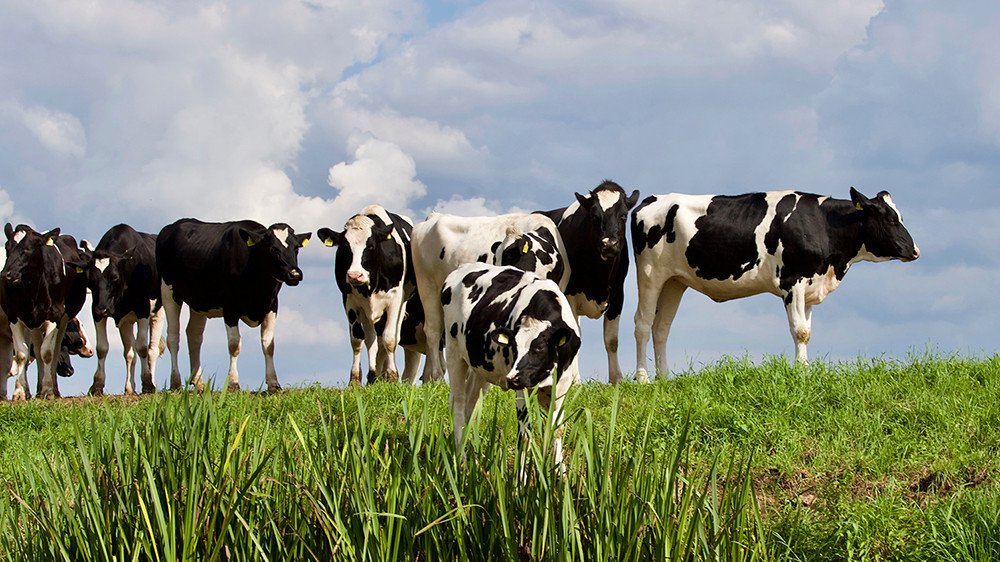Feeding Farm Animals: Using computing technology to individualize diets
VIRGINIA TECH
PROBLEM
To meet the demands of a rapidly growing world, animal agriculture must continue becoming more efficient.
SOLUTION
Develop and deploy cutting-edge technologies to inform decision-making in animal agriculture.
FUNDING
USDA NIFA AFRI
RESEARCHERS
Robin White, PhD, Virginia Tech
Richard Voyles, PhD, Purdue University
Shashank Priya, PhD, Penn State University
Precision animal agriculture is a new and largely unexplored area that is expected to have transformative, positive impacts on livestock production. Scientists and producers are challenged with treating both the individuals and the collective herd in addressing nutrition, health, and productivity. Individual animals are complex and require constant nutritional adjustment. They are also social animals with herd behaviors that impact feed consumption.
At Virginia Tech College of Agriculture and Life Sciences, Dr. White focuses on precision animal nutrition to improve livestock health and the efficiency of food production. Her team explores how the nexus of a specific animal’s behavior (e.g., how the animal responds to different types of feed) and collective herd behavior (e.g., how the cows spend time eating and resting together) impact efficiency.
To advance the science needed to create and implement customized diets, the team is developing novel sensors (e.g., miniaturized robots to sample the animals’ guts). They are testing new networking technologies that address the challenge of transmitting data around the farm and are creating new farm-scale technologies such as robotic feeders. They plan to show how all of these technologies can be integrated to inform decision making through a “demonstration farm”.
While Dr. White and her team work with dairy cows, their technology could be applied to other animals. These researchers are developing a more efficient system that creates healthier animals, lessens environmental impacts, and reduces costs for producers. There is tremendous economic potential in expanding and industrializing these new technologies.
“I find the challenge of how to feed our growing population to be among my generation’s most important questions. Agriculture is a vastly complicated web of interactions. In a world focused on black and white, solutions are often shades of grey.”

